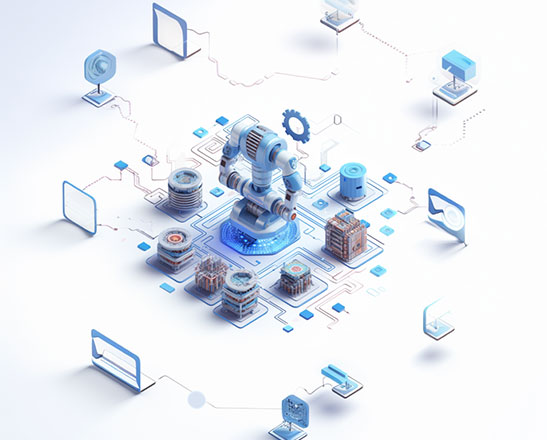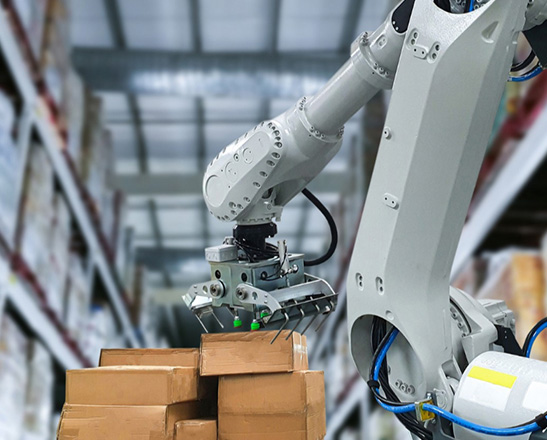Choosing Between API Connections and Robotic Process Automation
Every business today wants to be efficient, and they want efficient integration faster than ever. Streamlining is needed for that, and two powerful tools have emerged: API connections and Robotic Process Automation (RPA). Deciding which tool to choose for automation requires an individual to deeply understand the task and desired goals.
The API Advantage: Precision in Integration
API led integration is the go-to tool when the goal is to streamline the integration between two disparate systems. It allows the applications to share data and communicate in real-time. This is valuable when businesses want to sync their data across multiple platforms. The API connections provide precision in data exchange and minimize error rates, making them the number one choice for situations where accuracy and up-to-date information are crucial.
RPA's Dominance: Repetition and Rule-Based Tasks

RPA as a service, however, is used best when repetitive, rule-based tasks involving multiple applications come into play. RPA implementation employs bots that mimic human interactions with software systems. The prime candidates for RPA automation tasks like data entry, report generation, and order processing are prime candidates for RPA. Unlike API led integration, RPA as a service does not need deep integration or excellent programming skills. RPA bots can navigate the UI just as a human would, making it a go-to solution for tasks involving routine interactions.
Balancing Act: Making the Right Choice
The choice between RPA and API connections depends on how complex the task is and what aligns with the business goals better. APIs provide real-time updates for jobs involving information exchange between two systems. RPA comes into play when repetitive functions span across multiple platforms. RPA brings efficiency and speed. At times, these technologies are integrated to create a comprehensive automation solution.
The Future of Automation

Technological advancements make the line between APIs and RPA dim by the hour. RPA has AI capabilities that handle unstructured data and decision-making, while APIs are becoming accessible and easier to implement. Organizations must stay informed about the latest advancements in both areas to make informed decisions that align with their automation strategy.
Conclusion:
In conclusion, the choice between API led integration and Robotic Process Automation boils down to the nature of the task and the desired outcome. API connections are invaluable for precise data integration, while RPA excels in automating repetitive, rule-based tasks. A strategic blend of both technologies can lead to a comprehensive automation ecosystem that empowers businesses to achieve unprecedented efficiency and accuracy in their operations.






